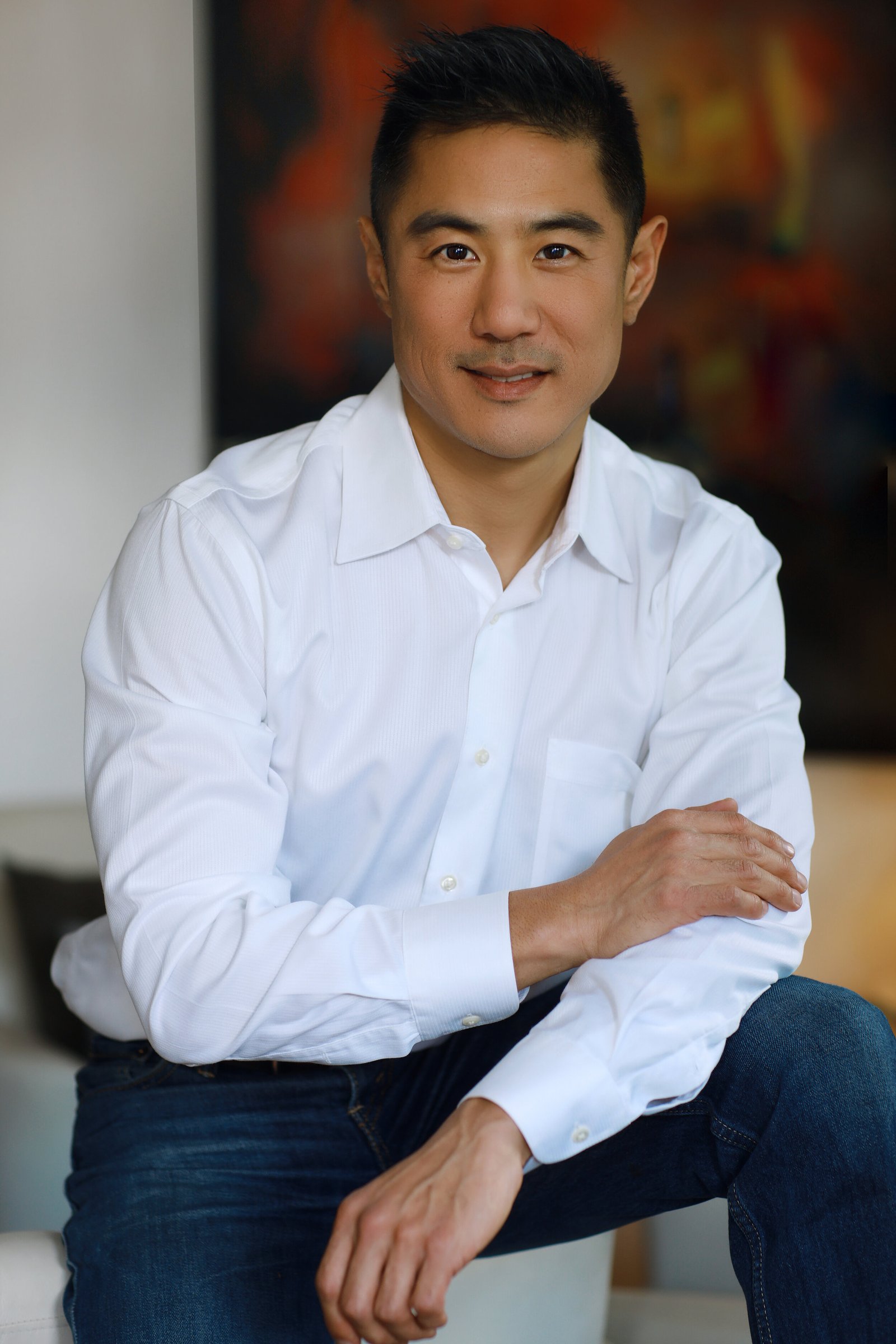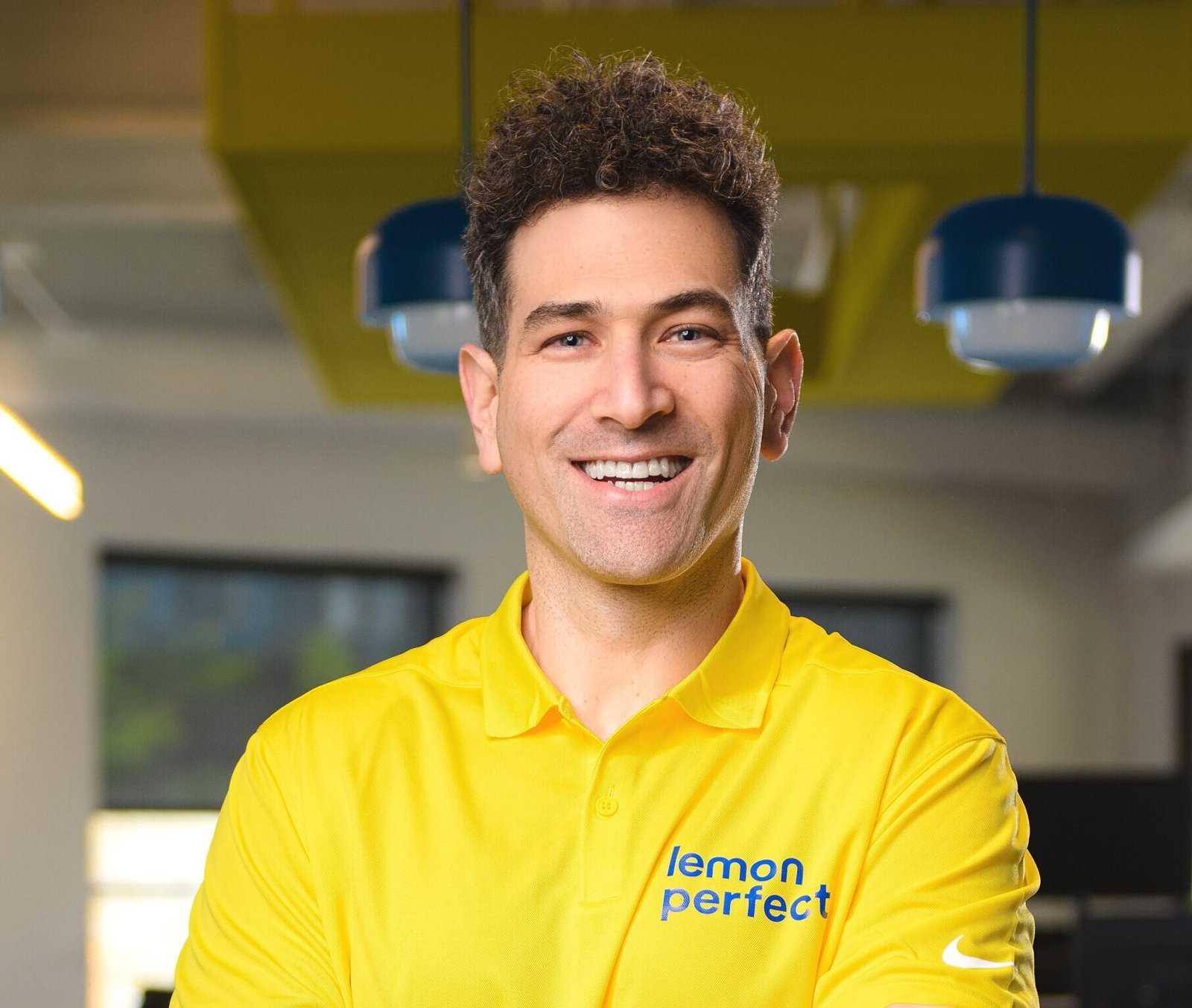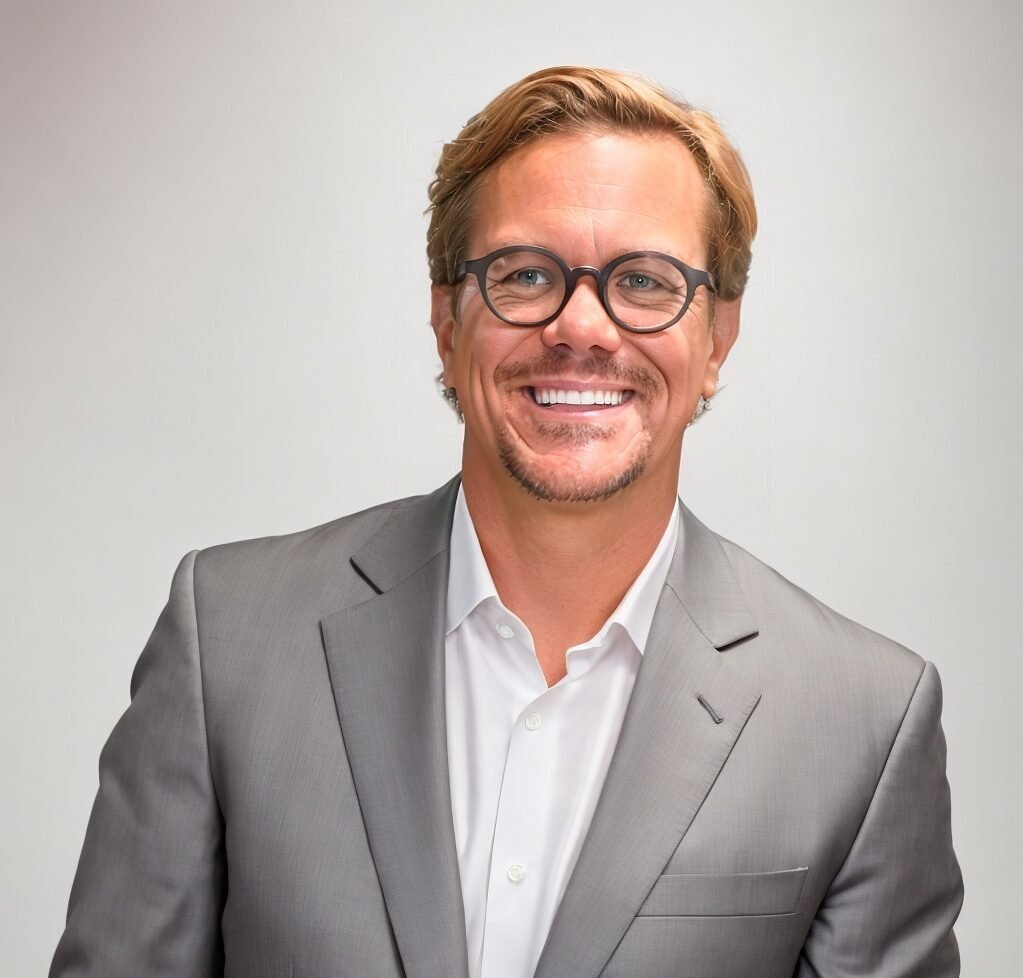I recently went one on one with Michael Shangkuan. Mike is the CEO of Lingoda GmbH, a leading online language school. Mike previously served as CEO of Terra Education, a B-corp offering life-changing service-learning summer programs to teens in Africa, South America, and Asia. Mike has lived in six countries across four continents; speaks six languages – English, German, Spanish, French, Chinese and Japanese; and is a former natural bodybuilder, having competed at several international competitions.
Adam: Thanks again for taking the time to share your advice. First things first, though, I am sure readers would love to learn more about you. How did you get here? What experiences, failures, setbacks or challenges have been most instrumental to your growth?
Michael: Thanks for having me Adam.
I grew up in New Jersey, to Chinese parents. Multiculturalism has been a key aspect for me since I was a child. As a second generation immigrant I was lucky enough to grow up immersed in both Chinese and American cultures, while learning both languages as a native speaker. My parents always pushed me to achieve the best results, and so I always strived to do better (you know, like a good Chinese son!). After school I entered Yale from which I graduated with high honors. The challenge I enjoyed the most during my school years was about languages: there was a period in high school when I was learning 5 languages at a time. During that time I realized that I wanted to travel and explore the world and use languages to fully relate to other cultures. Since then I have lived on 4 different continents and have traveled to 100 countries. I am now fluent in 6 languages.
After graduation I went into banking and consulting, but soon felt the need to do something more creative instead of advising others. I did an MBA and gained experience in marketing for a large corporation like P&G. One of the experiences that was pivotal to my growth was when I took on an innovation job at Clorox, a global manufacturer of household products. I started the processes to do design thinking on our innovation platform but the management then cancelled the project and eliminated my position. That was a turning point for me: I went into education, which made me feel like I was really making an impact. I joined an education travel start-up as the Head of Marketing and Finance, and went on to lead the company for 6 years as CEO. At that point I took the chance to get back to what I was so excited about at my school desks: language learning.
Since 2017 I’ve been living in Germany and leading Lingoda, the number one trusted online language school. We offer live small group and private classes available 24/7 in four languages – English, German, French and Spanish through a community of over 1,400 certified, native-speaking teaching professionals. What makes Lingoda special is that it offers the true in-class experience that traditional language schools offer, but with all the benefits – and the opportunities to scale – offered by an online environment. We have grown exponentially since the company’s founding in 2013 and earlier this year we raised $68 million in growth equity. We are now #3 among language learning companies globally according to Crunchbase. To get an idea of the opportunities, the global language learning market is estimated to represent more than $50 billion in annual revenues by 2027, with online set to grow to $17 billion. We are in the midst of a revolution of the education industry, which has been incredibly accelerated in the last year due to the COVID-19 pandemic.
Adam: In your experience, what are the key steps to growing and scaling your business?
Michael: A few decisive factors are critical to me when scaling a business:
-
Hire the right talents. Be selective about who you hire to then form the whole organization. Good heads hire good managers.
-
Focus on priorities, while leaving room for ideas and innovation. When you have few resources you tend to focus on key priorities, but innovative ideas and directions can unlock strong new opportunities.
-
Know when the time is right to form new departments. For example, the HR department may not seem essential at first, but it is one of the central pillars when scaling a company.
-
Don’t underestimate short-term goals to focus only on a long-term vision. Business is like private life: you have to be able to hit the short time but also to have a long term perspective.
-
Grow sustainably. If you grow too fast and hire too many people too quickly, it can be challenging to maintain cohesion.
-
Protect the corporate culture. When you hire more specialists, you risk moving away from the values that are dearest to a company.
-
Create processes, without killing the entrepreneurial / innovation spirit. Processes are necessary when a company grows, but they shouldn’t stifle good ideas.
Adam: What advice do you have for leaders on how to best cultivate winning relationships with those in other parts of the world?
Michael: The most cherished advice I can give to other leaders is: build your CQ (the “Cultural Quotient”).
In the last twenty years, it has been popular to talk about the growing importance of EQ (”Emotional Quotient”) over IQ (”Intelligence Quotient”). It can be seen as an evolution of quotients. The next step in that evolution is CQ.
At Lingoda, I lead a team of people from over thirty countries, who speak more than forty languages. In such a global environment, it’s critical to develop self-awareness of yourself and your own culture and understand how this affects your actions and thoughts. Second is to develop an awareness of other cultures. This awareness allows you to bridge the cultural gap.
One of the best ways to understand other cultures is through language. You don’t need to be fluent in the language, but a basic understanding of the grammar structure and the way people use vocabulary provides a deep insight into that culture.
Take, for example, the placement of the verb.
In Spanish, the verb is in the beginning of the sentence. You pretty much know what the speaker will talk about after she says the verb: it contains negation, the tense, and the subject.
In Japanese, by contrast, the verb is always at the end of the sentence. Even the negation is at the end. The subject is often inferred after listening to the entire sentence. So, you have to wait and listen carefully.
As a result, Spanish speakers tend to interrupt each other. That’s ok because they get the point quickly after the verb is said, but it is construed by other cultures as interrupting. On the contrary, Japanese speakers wait and don’t interrupt.
I currently live in Germany and work with lots of Germans, who speak English flawlessly. However, we must remember that Germans build an argument by starting from the bottom up and reaching the main point at the end. By contrast, Americans start with the main point and provide additional support to their argument if necessary. That’s because, in German, the verb again is often at the end of the sentence. I had trouble in the beginning, listening to Germans, because I felt like they took forever to get to their main point, until I started studying German. These are very simple examples, but I think they make a very good point: it is essential to develop a cultural quotient, and language learning is a powerful tool in this regard. As a polyglot, I have many other similar examples.
Adam: What do you believe are the defining qualities of an effective leader?
Michael: To build on what I already said – I believe the first quality of an effective leader is being aware of oneself and aware of others. Everyone operates according to their own culture: this is not necessarily positive or negative, but simply different. This should be understood as a first step.
Other key qualities are empathy and compassion. Developing an understanding of how others are feeling and focusing on how you can best support your colleagues really makes a difference.
Last but not least, leaders are responsible for defining what the ”North Star” is and rallying people to get there.
However, you can not radically change who people are. I’ve tried – starting with myself – and I still struggle with this. Instead, you should inspire people to be the best version of themselves.
Adam: How can leaders and aspiring leaders take their leadership skills to the next level?
Michael: This is a great question. It’s a life’s work. Focus on your own growth and development, become aware of yourself and others, and flex to other styles.
There are many different ways to do that. For example, there are many tools and frameworks for self-assessment. Journaling is one of them: it’s not about what you’ve done, it’s about going much deeper into your feelings and the things you don’t want to write about. Go into the depths of yourself. Read, meditate, take a class. It’s a journey. I’m forty-five years old. I wrote a short memoir in my thirties and now I’m writing a longer one. The difference is striking; I’ve learned a lot about myself. You can also seek outside support: hire a coach or talk to friends who know you well and ask for their feedback. Never see this as a weakness; it’s about you and your personal growth.
Adam: What are your three best tips applicable to entrepreneurs, executives and civic leaders?
Michael: I would repeat what I said above – self development, awareness and flexibility.
Adam: What is your best advice on building, leading and managing teams?
Michael: Envision the promised land. Create a clear, exciting vision. Why should people spend so much time working on your team? Where are you going and why does it matter? Your job is to help take them there.
Hire better, fewer people. It is your A players that disproportionately build the business and inspire others to do so. Get really good at interviewing and selecting candidates. Consider utilizing a best practice, like the WHO method by Geoff Smart and Randy Street. Network with talented people and ask them to introduce you to other talented people. Often the best people come from a networked search rather than posting a job online.
Enable and support those people. It’s all about growing and developing people to be productive and motivated. Be clear to them on your expectations – the ‘’what’’ and the ‘’when’’ – and support them on the ‘’how’’. Discover what they need on a particular project – whether it’s direction, coaching, or delegation – and adapt your style to that need.
Adam: What are your best tips on the topics of sales, marketing and branding?
Michael: In marketing, it all begins and ends with the consumer. Strive to understand their needs, not just at a superficial level, but on a deeper, psychological level. Be curious, be open, be humble – don’t assume you know. What you want or what your friends want is not necessarily what your customer wants. I learned this during my time at Procter & Gamble in brand management. My biggest successes and failures go back to this principle.
Adam: What is the single best piece of advice you have ever received?
Michael: To be a good manager, you must care about people. I got that from Peter Dunn who mentored me when I was working in investment banking (he was the CEO of one of the portfolio companies I worked with) and trying to decide if I wanted to go back to business school and move into line management.
Adam: Is there anything else you would like to share?
Michael: Yes, I would like to share a couple of final thoughts that have been pivotal for me.
Be passionate about your product. Or if you aren’t at first, develop a passion for it. You spend a lot of time at work and your time in the world is precious. You should contribute to something you find meaningful, something you believe in.
Be clear on and communicate what your big rocks, small rocks, and pebbles are. Big rocks are values and ways of doing things that are not up for negotiation. Small rocks are movable, up to a point. Pebbles fill in between the big and small rocks – anything is possible here.









